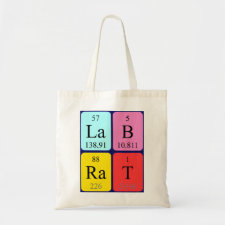
Authors: Rezaei B, Rahmanian O
Article Title: Direct nanolayer preparation of molecularly imprinted polymers immobilized on multiwalled carbon nanotubes as a surface-recognition sites and their characterization.
Publication date: 2012
Journal: Journal of Applied Polymer Science
Volume: 125
Issue: (1)
Page numbers: 798-803.
DOI: 10.1002/app.35383
Abstract: Molecular imprinting is a method for making artificial receptor sites in a polymer. This article reports the direct nanolayer immobilization of molecularly imprinted polymers (MIPs) on hydroxyl-functionalized multiwalled carbon nanotubes (MWCNTs) without any binder to improve their characteristics. MIPs were formed for hydrochlorothiazide (HCT) as a template on the surface of the MWCNTs with methacrylic acid (functional monomer) and ethylene glycol dimethacrylate (crosslinking agent) with a thermal polymerization technique. The morphology and stability of the immobilized molecularly imprinted polymers on the surface of multiwalled carbon nanotubes (MIPCNTs) was characterized with scanning electron microscopy, Fourier transform infrared spectroscopy, and thermogravimetric analysis. The resulting MIPCNTs demonstrated favorable selectivity, good stability, and a higher adsorption capacity for the template molecule (93.0 μg/mg) compared to products created by bulk polymerization. The adsorption kinetics of HCT at the surface of the MIPCNTs was in agreement with the second-order rate equation. © 2011 Wiley Periodicals, Inc. J Appl Polym Sci, 2012
Template and target information: hydrochlorothiazide, HCT
Author keywords: molecular imprinting, molecular recognition, nanolayers



Join the Society for Molecular Imprinting

New items RSS feed
Sign-up for e-mail updates:
Choose between receiving an occasional newsletter or more frequent e-mail alerts.
Click here to go to the sign-up page.
Is your name elemental or peptidic? Enter your name and find out by clicking either of the buttons below!
Other products you may like:
 MIPdatabase
MIPdatabase









